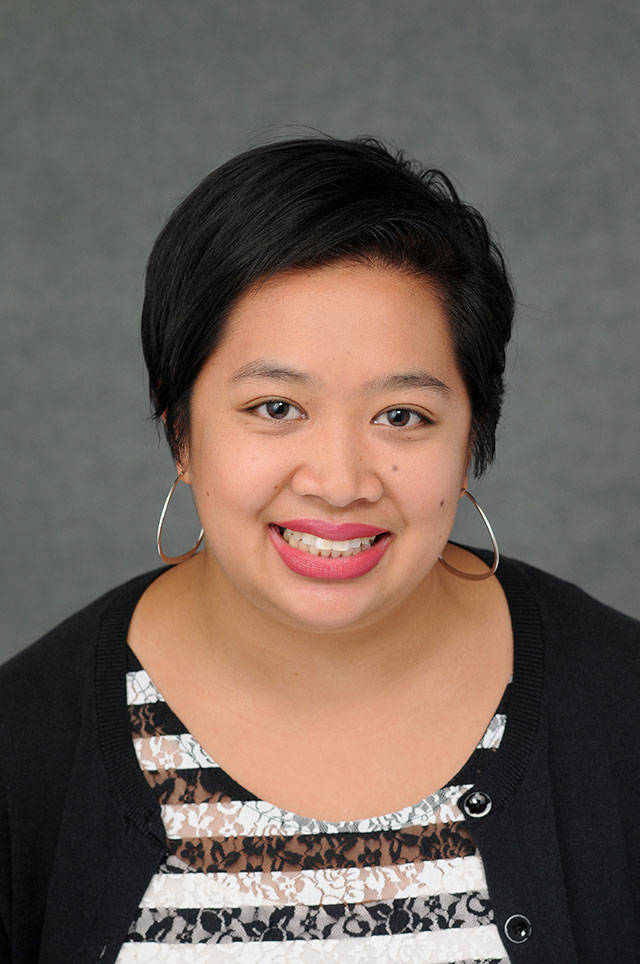Over the weekend, the Washington Department of Health (DOH) confirmed the first presumed coronavirus-related death in the United States.
According to a Public Health Seattle and King County press release, the individual was a man in his 50s who had underlying health conditions and no history of travel or contact with a known coronavirus case. (EDITOR’S NOTE: After this piece was written, another person has died of the virus in King County.)
The man was one of two people who were brought to the EvergreenHealth Medical Center in Kirkland late night on Feb. 28. While the cause of death has to be confirmed by the Centers for Disease Control (CDC), both he and a second patient tested positive for the virus at the hospital.
Since then, more cases have been reported throughout King and Snohomish counties and more positive cases are unfortunately expected.
Since the announcement of these cases, I’ve seen a number of social media posts on Eastside community pages about how local grocery stores have been super busy as people have been stocking up on food and supplies.
And just as people appear to be preparing for the worst, there are some other unfortunate side effects we need to be prepared for: increased xenophobia, discrimination and racism.
Because the illness originated in China, we have seen numerous instances in which Chinese and Asian people around the world have been mistreated and discriminated against.
It’s gotten to the point that Congressional Asian Pacific American Caucus (CAPAC) issued a letter on Feb. 26 to their fellow members of Congress to “help [them] prevent hysteria, ignorant attacks, and racist assaults that have been fueled by misinformation pertaining to the 2019 novel coronavirus (COVID-19).”
“As elected representatives, we have a responsibility during a public health crisis to use our unique platform to calm our constituents’ fears, not stoke them,” the letter reads. “We therefore encourage all members of Congress to share only confirmed and verifiable information about COVID-19 and dispel misinformation.”
The letter stated how members of CAPAC “have been disappointed and dismayed that some in Congress continue to push unfounded theories about the disease, including the conspiracy theory that COVID-19 was created in a lab in China.”
The spreading of false and misinformation has led to Asian Americans being targets of “suspicion and, in some cases, violence,” the letter states.
For example, a woman in New York was attacked on the subway by someone calling her a “diseased b****” because she was wearing face mask. Two Hmong guests trying to check into an Indiana hotel were told Asians were not welcome. A 16-year-old in California was sent to the emergency room after he was attacked by bullies who accused him of having the virus — just because of his ethnicity.
And in January, here on the Eastside, an Issaquah family was reportedly racially profiled at Costco by a contracted food sample worker because the son wore a surgical mask to the store after learning about the coronavirus.
After news of the first coronavirus-related death in the United States broke, I attended a baby shower, during which I met a Bellevue woman whose family is originally from Taiwan. We were talking about the virus and she shared with me her concerns about the xenophobia that has resulted from the spread of the illness. She said to me, coronavirus sees no race, gender, age or anything.
We’re all susceptible to falling ill (though I should add that people with weaker immune systems, including young children and seniors, are more susceptible).
All of this has got me thinking about prejudice, bias and stereotypes.
Let’s be honest, most of us have prejudiced and biased opinions and have stereotyped others — I’ve definitely been accused that my biases are showing over the course of this column. But everyone is entitled to their own opinions. The key is to think before you act on anything based on those opinions.
Because it’s in those moments, when we don’t think, that damage can be done.
Now obviously, there are people out there who act and speak with the intention of causing harm — like the four violent extremists who were arrested Feb. 26 and charged with a conspiracy to threaten and intimidate journalists and activists (one of the individuals was from Redmond and arrested in Kirkland). I’m not talking about people like them, who will have stopped to think about things and still acted in a harmful way — on purpose.
I’m talking about most people who typically are trying to be kind and decent to others.
When I started Windows and Mirrors I wrote that my goal was to give you, the reader, a window into lives and experiences you may not be familiar with, and hopefully to serve as a mirror for those who have rarely seen themselves and their stories reflected back at them in media.
In the last almost year and a half since I started this column, I’ll admit that there are certain topics and issues I tend to favor when it comes to coverage. That’s a reflection of my own personal biases. Those pieces were my mirror, reflecting some of my own experiences or the experiences of those close to me or like me.
My window pieces, featuring people and experiences different from what I know, can use a little work. So that is what I’m going to be working on: finding stories of those who are different from me and sharing them with you, the reader.
Because when we learn more about a person or group of people, we’re more likely to see them as human beings and as people we can relate to — because really, we’re not that different from each other.
Windows and Mirrors is a bimonthly column focused on telling the stories of people whose voices are not often heard. If you have something you want to say, contact editor Samantha Pak at spak@soundpublishing.com.




